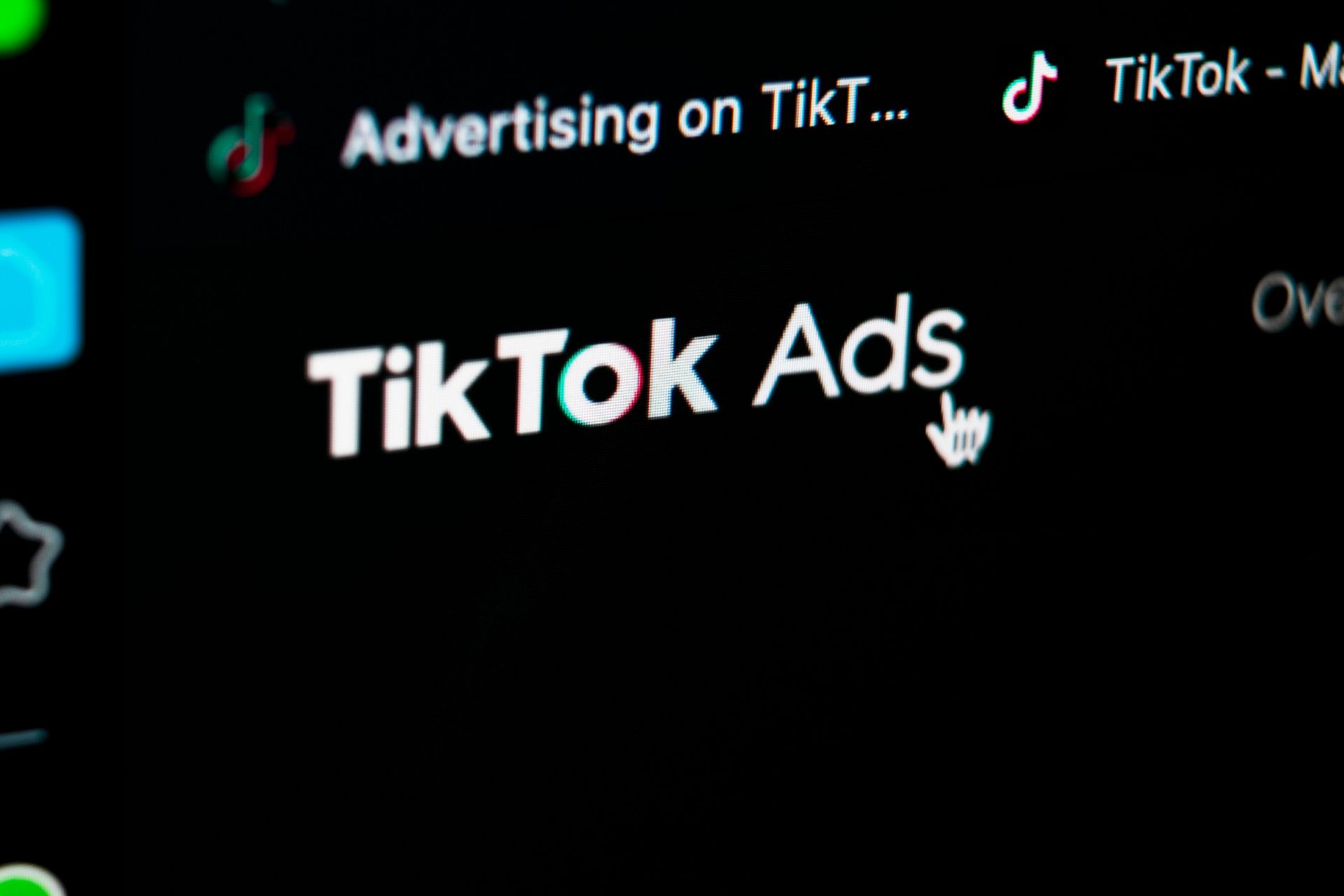GET A FREE CONSULTATION TODAY - CALL US (833) 656-5006
AI in Marketing: Revolutionizing Customer Engagement for Business Owners
In the fast-paced digital landscape, the proliferation of data and customer touchpoints has enabled an era of personalized marketing that was once inconceivable. This revolution has been powered by one of the most groundbreaking technologies of our time — Artificial Intelligence (AI).
Today, AI is not just a buzzword but a critical tool that is transforming marketing strategies of businesses across the globe. Business owners who master AI in marketing stand to gain an edge over their competition.
It's time to explore the world of AI in marketing, understand its benefits, and draw inspiration from successful implementations in the industry.
Understanding AI in Marketing
Before diving into the specifics, it’s crucial to comprehend what AI in marketing entails. AI is the simulation of human intelligence by machines, particularly computer systems.
Marketers leverage AI for tasks that require high levels of prediction, personalization, and data processing, which a human marketer would find tedious or impossible to accomplish. AI continuously learns from patterns in data, ensuring that marketing efforts are not just data-driven but intelligent and efficient as well.
Benefits of AI in Marketing
- Enhanced Customer Personalization: AI technologies like machine learning and data analytics enable businesses to deliver highly personalized marketing messages and product recommendations to each customer, based on their previous interactions and preferences.
- Automated Customer Service: Chatbots and virtual assistants, powered by AI, can handle a wide range of customer service inquiries 24/7, improving response times and customer satisfaction.
- Efficient Data Analysis: With the ability to process and analyze vast amounts of data in real time, AI helps marketers gain valuable insights into customer behavior and campaign performance, enabling data-driven decision-making.
- Improved Return on Investment (ROI): By optimizing marketing campaigns for efficiency and effectiveness, AI can help businesses achieve better results with the same or lower investment, ultimately improving the ROI of their marketing efforts.
- Seamless Omnichannel Experiences: AI plays a crucial role in unifying customer experiences across different platforms and devices, ensuring consistent messaging and branding in multi-channel marketing campaigns.
Use Cases of AI in Marketing
- Predictive Analytics for Forecasting Trends: By analyzing customer data and market conditions, AI can predict future trends and consumer behaviors. This allows businesses to stay ahead of the curve and make proactive marketing decisions.
- Dynamic Pricing Strategies: AI algorithms can help in adjusting prices in real-time based on demand, competition, and customer behavior, maximizing profits and market competitiveness.
- Content Generation and Optimization: With AI, businesses can automatically generate and optimize their content for search engines and user engagement. This not only saves time but also enhances the relevance and visibility of the content.
- Email Marketing Personalization: AI enables the customization of email marketing campaigns to each recipient, improving open rates and conversions by delivering content that is most relevant to each user's interests and behaviors.
- Social Media Insights and Automation: Through AI-powered tools, marketers can gather insights from social media activity and automate content posting schedules, ensuring optimal engagement and reach.
- Customer Segmentation: AI helps in segmenting customers into precise groups based on their behavior, demographics, and preferences. This segmentation allows for more targeted and effective marketing strategies.
- Ad Targeting and Optimization: AI's ability to analyze vast data helps in optimizing ad placement, targeting, and content, ensuring that marketing budgets are spent on ads that perform the best.
Examples of Successful AI Implementations in Marketing
- Starbucks' Personalized Recommendations: Starbucks uses AI to analyze customer data and provide personalized recommendations through their mobile app. This approach has significantly increased customer engagement and sales.
- Netflix's Content and Viewing Suggestions: Netflix leverages AI algorithms to suggest films and shows based on previous viewing histories, improving user satisfaction and retention rates.
- Amazon's Dynamic Pricing Model: Amazon employs AI to adjust prices in real-time based on demand and competition, boosting sales and customer loyalty.
- Sephora's Virtual Artist App: Sephora's app uses AI to allow customers to see how makeup products will look on their faces virtually before making a purchase, enhancing the shopping experience and reducing returns.
- Spotify's Discover Weekly: Spotify’s Discover Weekly feature uses AI to curate personalized playlists for users, tailoring music recommendations to individual tastes, which has been a key factor in its user engagement strategy.
- Zara's Inventory Management: Zara utilizes AI to predict trends and manage inventory more efficiently, ensuring that popular items are restocked quickly and reducing wastage from unsold stock.
- Google Ads' Optimization Features: Google Ads uses AI to optimize ad campaigns, targeting the right audience at the right time with predictive analysis, improving ad performance and ROI for advertisers.
Challenges and Considerations for Business Owners
While the advantages of incorporating AI into marketing strategies are vast, business owners also face several challenges and must keep certain considerations in mind:
- Data Privacy and Security: Ensuring the privacy and security of customer data is paramount. Businesses must adhere to regulations such as GDPR and CCPA when using AI in marketing to avoid legal issues and build customer trust.
- Ethical Considerations: The use of AI raises ethical concerns, including bias in AI algorithms and the potential for invasive marketing practices. Companies need to ensure their AI systems are transparent and fair.
- High Initial Investment: Implementing AI can be costly, requiring investment in technology and skilled personnel. Small businesses, in particular, may find these upfront costs challenging.
- Complexity of Integration: Integrating AI technologies with existing marketing systems and processes can be complex and time-consuming, requiring careful planning and execution.
- Keeping up with Rapid Technological Changes: The fast pace of AI development means businesses must continuously update their knowledge and tools to remain competitive.
- Skill Gap: There's a significant skill gap in the market when it comes to AI, making it difficult for businesses to find and retain talent who can effectively implement and manage AI-driven marketing strategies.
Despite these challenges, the potential benefits of AI in marketing make it a worthwhile investment for businesses aiming to enhance their customer engagement and competitive edge. With careful consideration and strategic implementation, the obstacles can be navigated successfully.
Conclusion
The potential for AI in marketing is vast and its benefits are substantial. For business owners, staying informed about AI and experimenting with its various applications is not just an option — it’s a necessity for staying competitive in the market.
With the right understanding, approach, and implementation, AI can significantly enhance customer engagement, drive sales, and build lasting relationships with your audience.
About Ai Business Marketing
Ai Business Marketing is an affordable digital marketing agency in Texas that thrives in the intersection of technology, business, and marketing. We leverage the power of artificial intelligence to deliver highly-targeted, effective marketing strategies that drive growth and success for businesses in the digital landscape.
With a team of seasoned professionals, we specialize in a wide array of digital marketing solutions including Search Engine Optimization (SEO), content marketing, social media marketing, local SEO citation building service, and pay-per-click advertising. Contact us today to unlock the potential of your business and take it to the next level.
Ai Business Marketing
We are the premier digital marketing solution in the United States. Contact us today to get your free, no-obligation consultation!
Get In Touch
Business Hours
- Mon - Fri
- -
- Sat - Sun
- Closed










